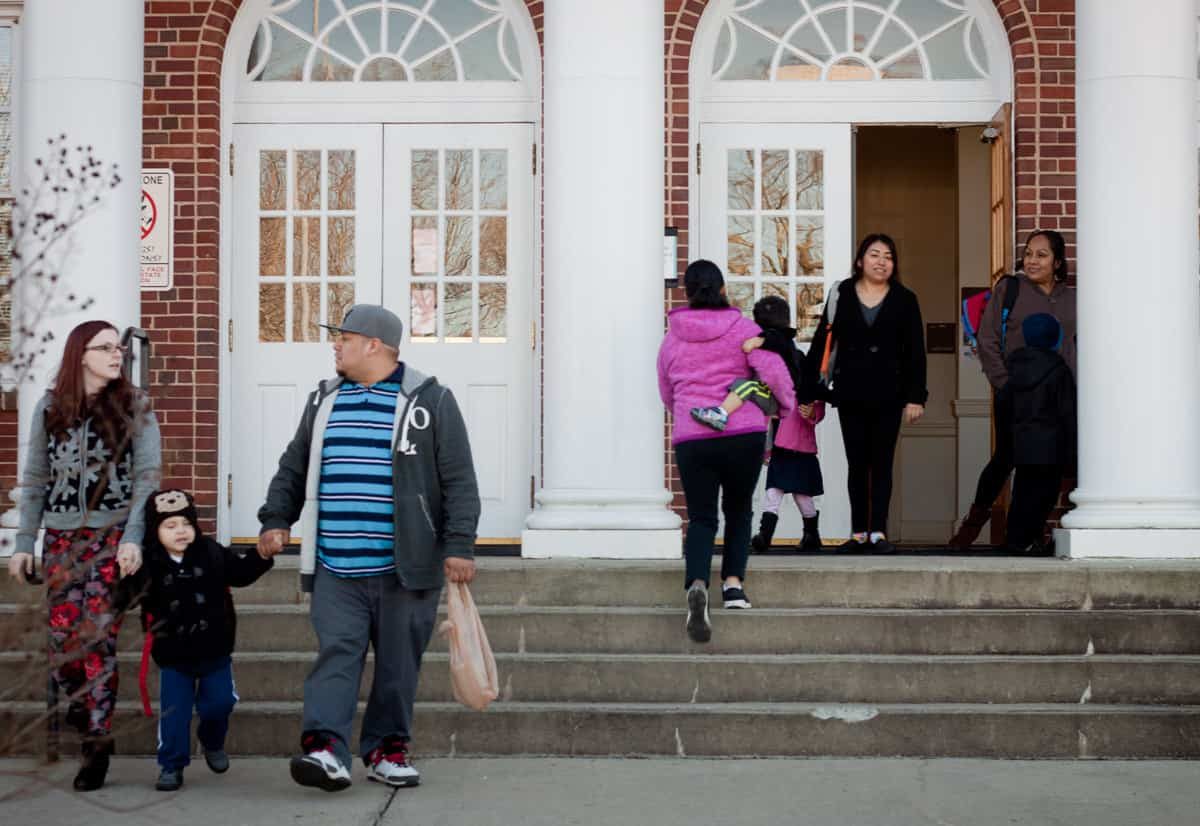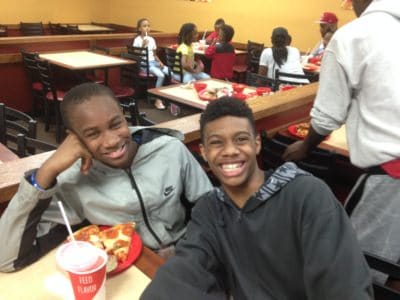

Watching and reading the news can be a traumatizing experience.
As I walk into schools each day, I keep asking: What kind of world are we raising and educating our children in?
How can we tell them that they matter, their opinions and futures are important, when in reality there are daily reminders screaming from the television, radio, and right outside their door that this might not be the case?
Too many people are not safe in so-called communal spaces. They are not valued, listened to, and cared for by those who are specifically placed in positions to do these very things.
The most recent news in Orlando struck a particularly painful nerve for many of us. I could have written about the need for improved mental health services, enhanced community policing, and the obligation for our country as a whole search for more answers. However, I don’t think that is really my place under these circumstances, as a white, cisgender, hetero woman. I don’t need to talk. I need to listen to people within queer communities discuss how these issues specifically impact them and how I can be a better ally. What I do want to discuss is how these acts of violence impact children and how schools might become better supports for their students.
When we talk about trauma, we need to think big picture. There is no doubt that the trauma which happens on an individual level can be reckless and damaging. But I implore us to think about chronic, toxic stress on a larger scale and how it manifests itself. Institutionalized discrimination, whether it is directed towards race, gender, sexual orientation, and/or class, is being taught to our students through microaggressions, hateful rhetoric, intolerance in politics, and discriminatory biases leading to unbalanced punishments (both in our schools and our larger criminal justice systems).
Recently, a student was referred to us after several severe outbursts in class, including crying, screaming, and physical threats. When I called home to gather some insurance information for counseling, his mother shared that he had seen her physically abused by his father throughout his childhood until she was able to leave this violent relationship for good.
Another student shared with me that, at the age of 14, he is the only male in his family who is not incarcerated. He was eventually expelled for repeatedly fighting students and threatening teachers. When he’s asked about things he looks forward to or goals he hopes to reach, he struggles to name one thing. The only thing he immediately softens to is when the conversation turns to his little sister, who he continuously wants to protect and provide for.
There are countless more students who struggle with daily stressors – lack of food, sleep, and proper hygiene, cramped housing situations, the death or illness of a caregiver. This chronic stress from violence, poverty, and discrimination manifests itself in a variety of ways, including constant exhaustion, hyper vigilance, aggression, and so many other potentially harmful behaviors.
Managing and maneuvering through life, particularly as an adolescent, can be a difficult enough process but compounded with these lived realities, the weight may prove to be too much if our students are not receiving the support they need from trusted, empathetic adults. This recent act of violence in Orlando is undeniably painful to so many people but trying to imagine the level of terror that those within LGBTQ communities is unimaginable unless that is our lived reality.
We may not be able to understand exactly what our students, families, and colleagues feel but we can work to be persistent means of support, understanding, and love in their lives. We don’t need to tell students or entire communities how they should feel, respond, and react following a particular act of aggression (large or small, micro or macro), but rather should sit with and learn from them.
Apart from math, English, social studies, and science, are lessons of inclusivity, acceptance, love, and patience being equally ingrained in them? As teachers, parents, administrators, and community members, I implore you to showcase that love to one another and to our children. Embrace each child and their specific interests, talents, and lived experiences, highlighting and praising them for who they are.
Teach them how to show authentic empathy and compassion towards others, to learn about what actually unites us rather than continuously focus on what may divide us. Educate our students on how to think critically about a situation, to take the time to listen to, rather than yell at, those with differing views and opinions from your own. Help them to understand that sometimes, sitting in silence so as not to intrude on others in their various stages of grief can be the most helpful thing we can do. It is the only way that we can teach them to do so towards others and therefore, I believe, is the only chance we have for meaningful and sustained change to come about.


